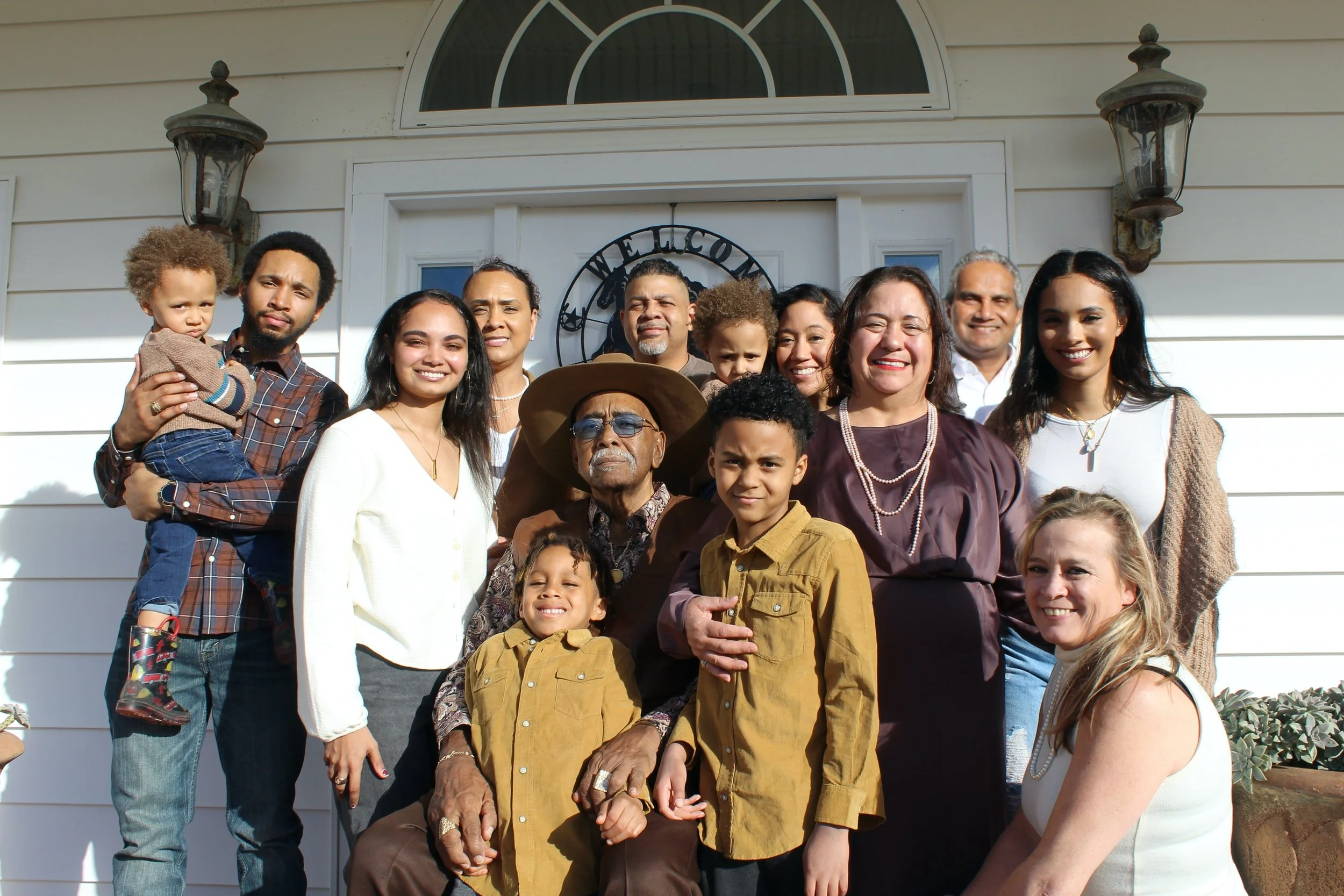UK Trusts as an effective tax planning tool
You may think that trusts are only useful for the most wealthiest in society but the threshold for paying inheritance tax is very low, set at £325,000 per individual, which means many more of us are now having to think about estate planning.
If everything you own, or all your assets, were valued above this threshold, your loved ones will be taxed at 40% at the time of your death, if you do nothing.
Trusts are useful if you have assets, such as properties, that you want to protect in a controlled manner. In other words, you want a say in who has access to your assets and wealth in your lifetime as well as after your death and you want to reduce your overall inheritance tax liability.
What are trusts and where do they originate?
Trusts have been in existence since the medieval times and have stood the test of time.
In the 11th century, at the time of the English crusades, crusading English knights left their manors in the ‘trust’ of friends for safekeeping, while themselves were away crusading, often for decades.
But trusts aren’t some dusty, antiqued notion. They are an effective tool to protect your assets in a controlled and tax efficient way, for example protection from divorce or they can be used as a tax efficient vehicle to pass money down to children or grandchildren, for example.
Placing assets in a trust means you remove these assets from your overall estate and thus are reducing your inheritance tax bill for your loved ones after your death.
A typical example of a trust set-up by a grandparent
Josie & Don are grandparents..
They sold some of their land to developers and with the remaining land, they decided to place into a trust to help reduce their overall estate and inheritance tax. The land was placed into the trust pre-development, so whilst still at a relatively value.
Josie and Don’s eldest grandchild, Marie, and her husband, wanted to buy a home. Rather than gift a large cash sum, the trust made a loan of £50,000. A few years later, unfortunately Marie’s marriage broke down, and the home was sold and the profit was distributed between Marie and her now ex-husband.
However, the Trust was still owed £50,000 and this was reimbursed. Josie & Don were able to both help Marie buy a home, but when things went wrong, they were able to protect their cash as it was held in trust versus gifted by them personally.
Outcome: No tax to pay, supporting family members, whilst protecting their assets
“Mirandus gave me the space and advice to discuss my tax planning needs to get to a point where I feel my legacy for my children is protected”
Using a trust to fund nursing fees
A husband and wife could do some tax planning to ensure that their assets are safe for their beneficiaries, such as their children, whilst also making sure their needs are met in their lifetime. One way of doing this is to set up a settlement in trust, sometimes known as an interest in possession trust, where husband would place their Nil Rate Band of £325,000 into the trust. Every UK individual has a Nil Rate Band which is the value of your estate up to which no inheritance tax is paid.
At the time of the husband’s death, the remaining spouse can continue to enjoy the income generated from assets held in trust, such as investments and pensions, and continue to live in their marital home, but would ultimately would not own the assets or be able to access the capital of the assets.
The spouse then needs to go into a nursing home, and when her income is evaluated to determine how much she would contribute for nursing home fees, only the income generated by the assets is considered, not the underlying assets, which are held in this trust.
The trust assets are then protected for the beneficiaries, the couple’s children,






